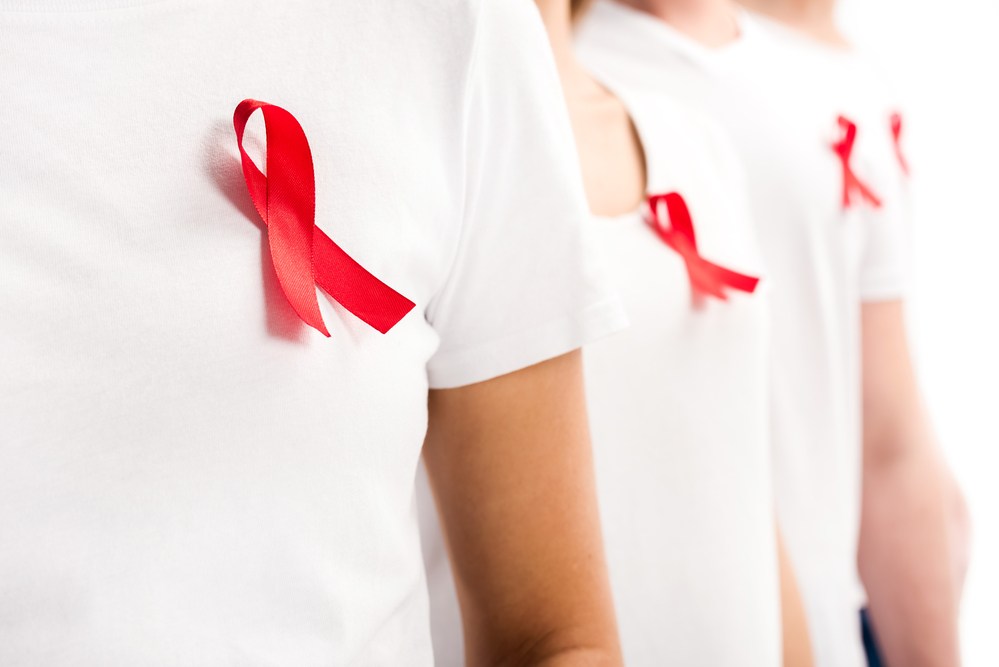A large majority of people in Belgium previously infected with HIV are no longer able to spread the infection by sexual contact, according to the latest study.
The research was carried out by the sexual health organisation Sensoa, together with the federal health institute Sciensano and the Institute for Tropical Medicine in Antwerp.
The promising result is conditional on one thing: that the infected person follows a strict course of medication. That results in the levels of virus in the blood are so low the virus cannot be passed on.
The developments in medication in recent years mean that a diagnosis of HIV is no longer an automatic death sentence as it was in the beginning. But the latest development was described by Sensoa as “a milestone in the battle against HIV”.
For one thing, it allows pregnancy to take place by sexual contact, whether the HIV positive person is a man or a woman. Until now, sexual intercourse required the use of barrier protection, which make impregnation impossible.
Two studies took place. The first looked at 888 heterosexual couples made up of one positive partner and one negative. In the course of almost 60,000 unprotected sexual contacts, not one case appeared of the negative partner become infected.
A later study involving homosexual partners confirmed that result.
But the disease is still out there. In Belgium in 2019 there were 923 new diagnoses, according to figures from Sciensano – 28% fewer than in the peak year 2012, but 4% more than in 2018. Also in 2018, an estimated 19,213 were living in Belgium with HIV.
The fall was seen most strongly in two groups: men who have sex with men (MSM), both of Belgian nationality; and heterosexual men and women of sub-Saharan African origins.
Leaving nationality or ethnicity aside, 51% of cases were heterosexual men and women, and 46% MSM. Intravenous drug users accounted for 1.5% and babies infected before, during or after birth for 0.1%.
Sensoa stressed that the new findings do nothing to change the general policy on protection against HIV, most new cases being spread by people who are unaware they are infected. For those who do know, a proper and rigorously-followed treatment regime is crucial.
Alan Hope
The Brussels Times

